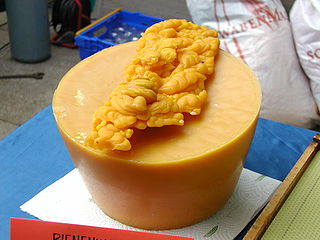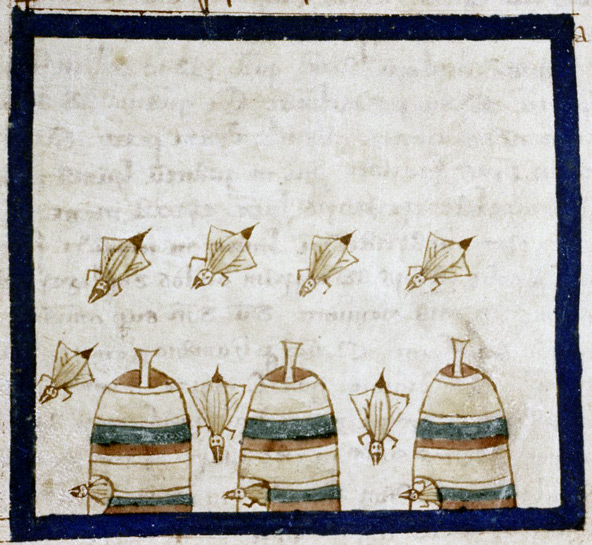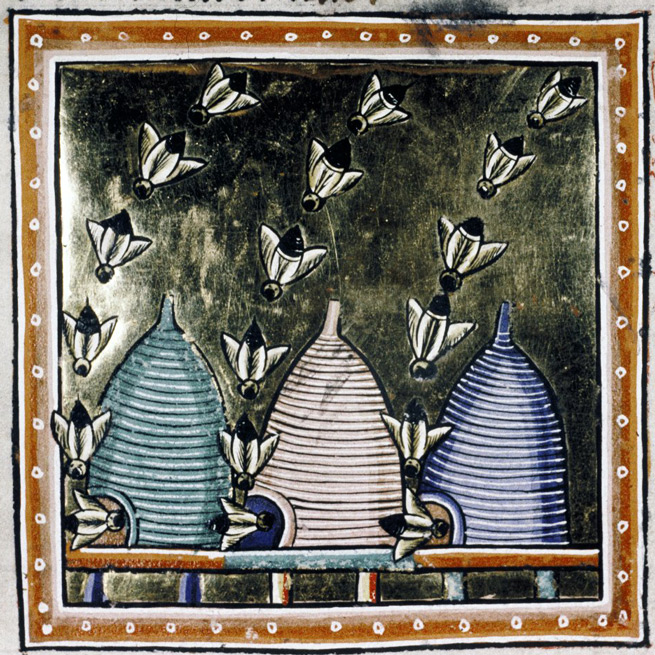Tatwine Riddle 17: De scyrra
ALEXANDRAREIDER
Date: Wed 05 Jan 2022Celsicolae nascor foecunda matris in alvo,
Quae superas penitus sedes habitare solescit.
Sum petulans agilisque fera, insons, corporis astu.
Ardua, ceu pennis, convecta cacumina scando,
Veloci vitans passu discrimina Martis.
I am born from the fecund womb of a mother who dwells on high,
Who tends to live inside the upper settlements.
I am an insolent and agile creature, innocent of bodily guile.
I climb, as if on wings, the lofty vaulted peaks,
Avoiding by speed in step the dangers of Mars.
Tags: riddles latin Tatwine





Commentary for Bern Riddle 17: De cribro
NEVILLEMOGFORD
Date: Fri 22 Jan 2021Matching Riddle: Bern Riddle 17: De cribro
Sometimes riddle-reading can be very inten-sieve! Today’s riddle is about a sieve—not a kitchen sieve, but an agricultural one.
The opening two lines of this riddle are a great example of riddling disguise and misdirection, describing the sieve as if it were a loquacious Mr Ed. Line 1 explains that the riddle creature’s mouth that is always open and the lips that are never sealed—a quality of both sieves and talkative people. Line 2 goes on to describe how the creature is urged on its cursus (“course”) by frequenti verbere (“a well-used whip” or “a frequent blow”). It describes the act of shaking the sieve as if it were the whipping of a horse, which recalls the eccentric horse-bench of Riddle 4. The material that is being sieved is probably flour—made with Riddle 12’s grain and Riddle 9’s millstone—which is being separated from any bran or other impurities and made finer for baking.
The sieve begins to come into focus in line 3, which tells us that the object has no exta (“insides, bowels”) unless they are placed in there by hand, referring to its concave nature. The riddle then describes sieving as a violent act—the minutum vulnus (“tiny wound[s]”) represents the sieve’s holes, and the moving is the act of sieving.
The last two lines were not the easiest to translate, but the general idea is of separating good (i.e. the flour) from bad (i.e. the bran). This idea has distinctly a biblical feel, and I suspect that the author had Jesus’ remark to Simon Peter that Satan would sift the disciples like wheat (Luke 22.31). Whether he did or not, the central motif in this part of the riddle is that the sieve, who is left with only the detritus, gets the worst of the deal. Even worse, he is then abandoned, having served his purpose. What a sad ending for the poor sieve!
Related Posts:
Bern Riddle 4: De scamno
Bern Riddle 9: De mola
Bern Riddle 12: De grano